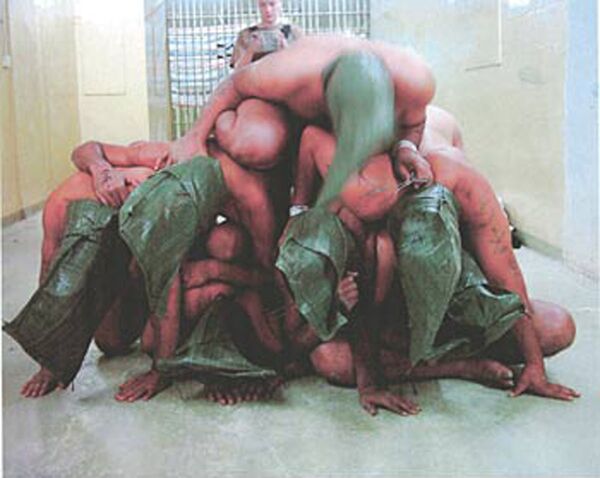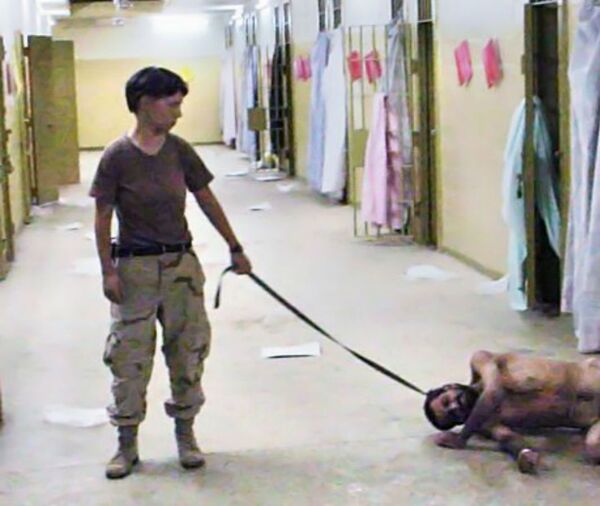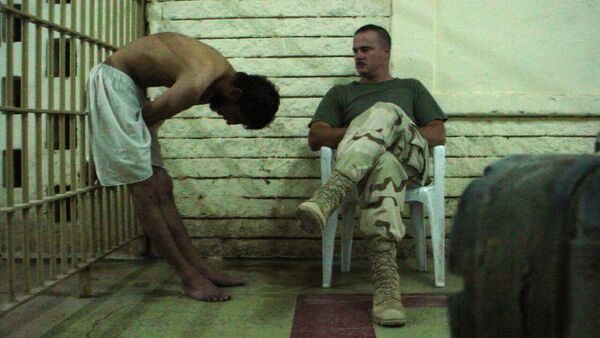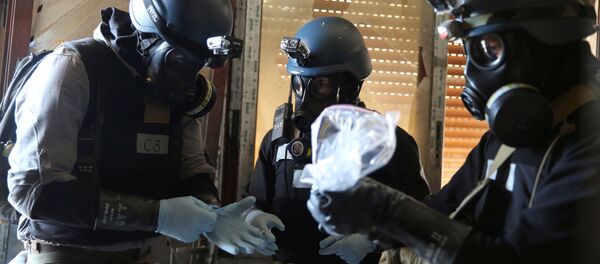Four former prisoners shared their stories with Ruptly, one of the men unable to hold back tears during the interview.
"I still cannot wash myself calmly; every time I remember the water torture," one ex-prisoner said. "I cannot sleep – I constantly see torture and hear screams," another noted.
"One elderly man felt sick and asked for help; an American soldier told him to get out, and then kicked him twice. The man fell to the floor and died," another ex-inmate remembered.
One of the prisoners described detention at Abu Ghraib as an attempt to "destroy us psychologically."

"After being freed, every time I met [American soldiers] in the street, I was afraid – afraid to return to the same place, remembered the torture," one of the men said.
Tuesday marks the 15th anniversary of the US invasion of Iraq. One of the former detainees recalled how his feelings about the invasion changed: "When the Americans came, we thought that they would free us from a criminal regime, but it turned out the other way around: they turned out to be killers, the world's number one criminals; there is nothing human within them."

Following the 2003 invasion, personnel from the US Army and the Central Intelligence Agency committed a series of horrific human rights violations, including torture, rape, and murder at the Abu Ghraib prison in Iraq. Evidence of the grisly crimes first became known in 2004; the Bush administration described the human rights violations as isolated incidents, an assertion challenged by human rights groups. Following a public outcry, the Defense Department dismissed 17 officers and soldiers from the prison, handing out demotions, dishonorable discharges, and in the case of two soldiers, three and ten year prison sentences. It has since been reported that most of Abu Ghraib's inmates were innocent of the crimes they were held for.
*A terrorist group illegal in Russia.




